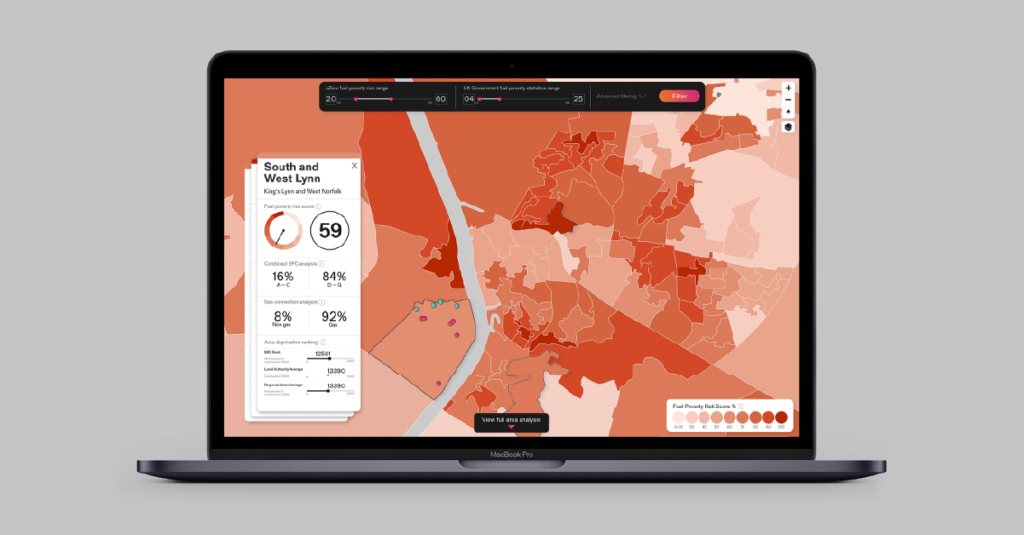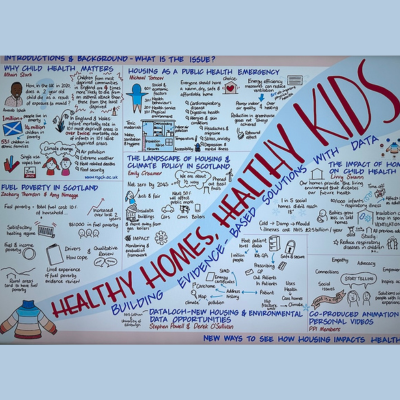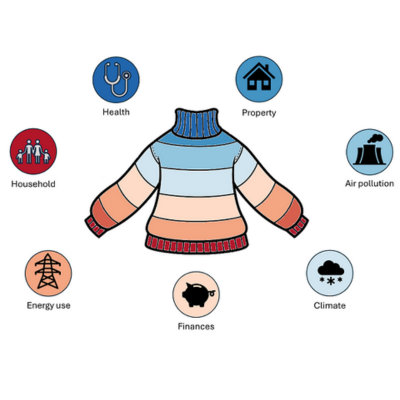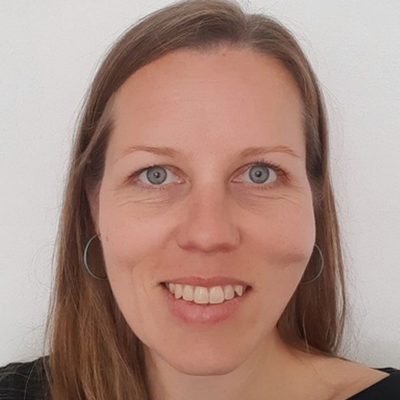
Technology innovators UrbanTide have today unveiled new Artificial Intelligence software, which has the potential to help millions of people lessen the burden of huge energy bills by identifying homes with poor energy efficiency.
The Edinburgh-based company’s ‘uZero’ platform combines anonymised smart meter system data with data from other sources and then uses AI to produce extremely detailed fuel poverty risk maps.
The project is part of the UK Research Institute’s Modernising Energy Data Applications (MEDApps) programme and has been supported by the Data Communications Company (DCC), Greater South East Net Zero Hub, University College London and Connected Places Catapult.
The growing cost of living crisis is unprecedented. The charity National Energy Action estimates that the number of UK households in fuel poverty has grown from 4.5 million to 6.7 million in 2022 (one in four households in the UK).
The information gathered by ‘uZero’ can be used by local authorities, housing associations, energy suppliers and social care providers to target solutions, such as retrofitting homes or leveraging government support grants, which will help protect the most vulnerable households in the UK. Energy companies and local authorities are obligated under the government’s ECO4 scheme to provide greater support and deeper retrofit for the least energy-efficient homes.
Simon Tricker, Co-Founder of UrbanTide has said:
“Millions of people are facing fuel poverty this winter, and this will still happen despite the government's energy bill support schemes. For many households, soaring energy costs will mean they feel the impacts of fuel poverty for the first time, and that's going to put a lot of pressure on those responsible for delivering support.
For the very first time, our software is able to give local authorities and energy companies the data they need to manage demand, targeting support to the people who need the most help. At UrbanTide, we believe that using data technology and AI for good will be essential to supporting the UK through the fuel poverty crisis, and uZero is testament to this."
Matt James, Head of Strategic Innovation at the DCC, said:
“At the DCC we believe this project is a great example of how improving data access can help accelerate the nation’s efforts to reduce the impact of fuel poverty and ultimately reach Net Zero.
“Businesses such as UrbanTide are harnessing and utilising the power of anonymised smart meter system data via the DCC network, in a secure, fair and equitable way and combining it with other data, for the purposes of public good.”
UrbanTide has been working with local government and agencies across the UK to identify how to best help households and the feedback has been extremely positive, particularly in the Greater South East Net Zero Hub area which includes East Anglia, London and the South East.
The collaboration has led to a better understanding of the practical needs of households at risk of fuel poverty and helped to identify those who can be supported through funded programmes.
Maxine Narburgh, Regional Head, Greater South East Net Zero Hub, said:






